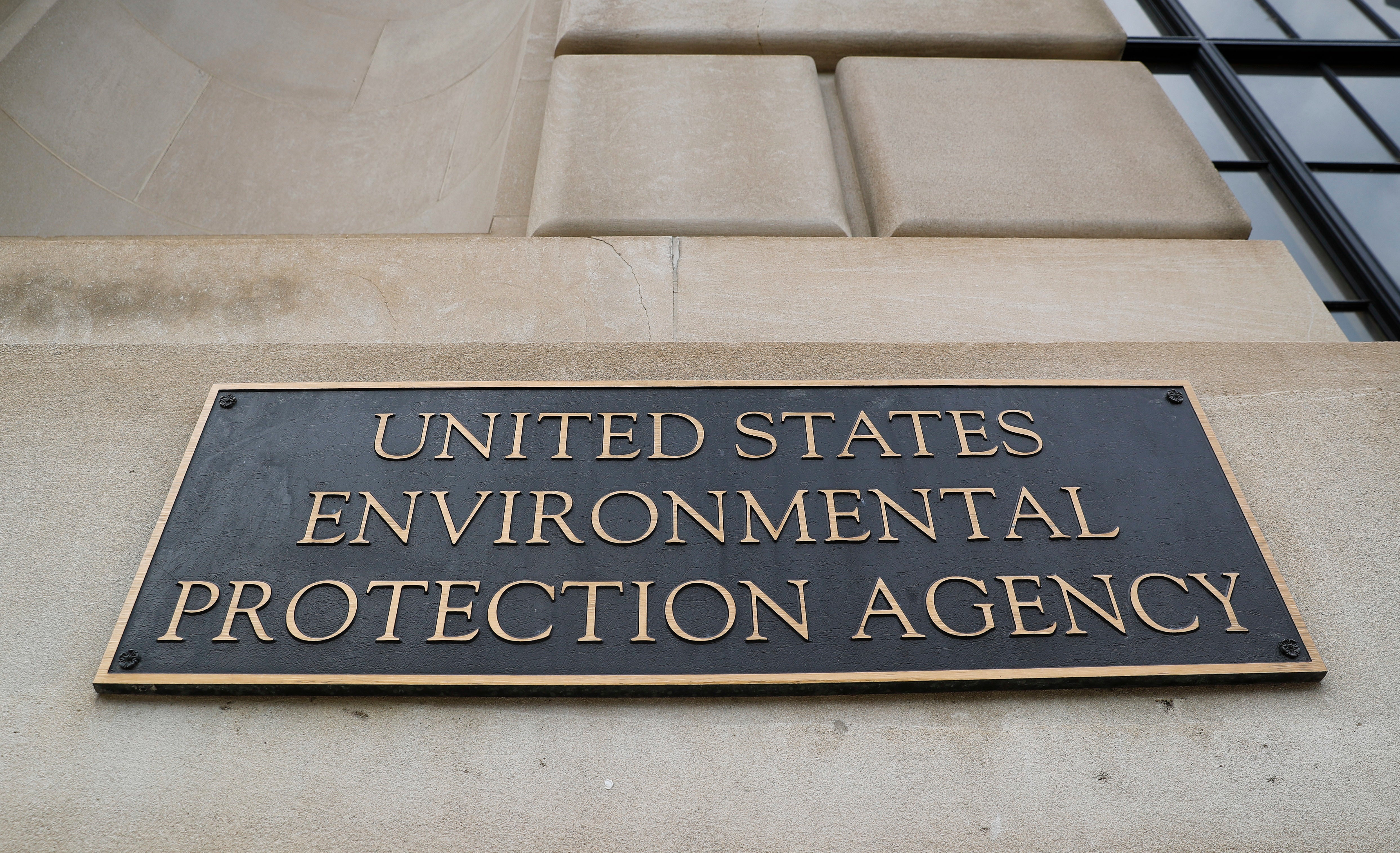EPA issues rare emergency ban on pesticide that damages fetuses
The Environmental Protection Agency announced an immediate ban on selling the pesticide DCPA or Dacthal

Your support helps us to tell the story
From reproductive rights to climate change to Big Tech, The Independent is on the ground when the story is developing. Whether it's investigating the financials of Elon Musk's pro-Trump PAC or producing our latest documentary, 'The A Word', which shines a light on the American women fighting for reproductive rights, we know how important it is to parse out the facts from the messaging.
At such a critical moment in US history, we need reporters on the ground. Your donation allows us to keep sending journalists to speak to both sides of the story.
The Independent is trusted by Americans across the entire political spectrum. And unlike many other quality news outlets, we choose not to lock Americans out of our reporting and analysis with paywalls. We believe quality journalism should be available to everyone, paid for by those who can afford it.
Your support makes all the difference.For the first time in roughly 40 years, the Environmental Protection Agency used its emergency authority to halt the sale of a weed-killing pesticide that harms the development of unborn babies.
Officials took the rare step because the pesticide DCPA, or Dacthal, could cause irreversible damage to fetuses, including impaired brain development and low birthweight. The agency struggled to obtain vital health data from the pesticide's manufacturer on time and decided it was not safe to allow continued sale, EPA said in an announcement Tuesday.
“In this case, pregnant women who may never know they were exposed could give birth to babies that experience irreversible lifelong health problems,” said Michal Freedhoff, assistant administrator for EPA's Office of Chemical Safety and Pollution Prevention.
DCPA is mostly used on broccoli, cabbage and certain other crops.
In 2023, the EPA assessed the pesticide's risks and found it was dangerous even if a worker wore personal protective equipment. The manufacturer had instructed people to stay off fields where the pesticide had been applied for 12 hours, but agency officials said it could linger at dangerous levels for more than 25 days.
The pesticide is made by AMVAC Chemical Corp. The company did not immediately return a request for comment late Wednesday. In comments to the EPA earlier this year, the company said new protocols could help keep people safe. It proposed longer waiting periods before workers enter fields where the pesticide was applied and limits on how much of the chemical could be handled.
Federal officials said the company’s proposed changes weren’t enough. The emergency order was necessary because the normal review process would take too long and leave people at risk, according to the agency's statement.
___
The Associated Press receives support from the Walton Family Foundation for coverage of water and environmental policy. The AP is solely responsible for all content. For all of AP’s environmental coverage, visit https://apnews.com/hub/climate-and-environment